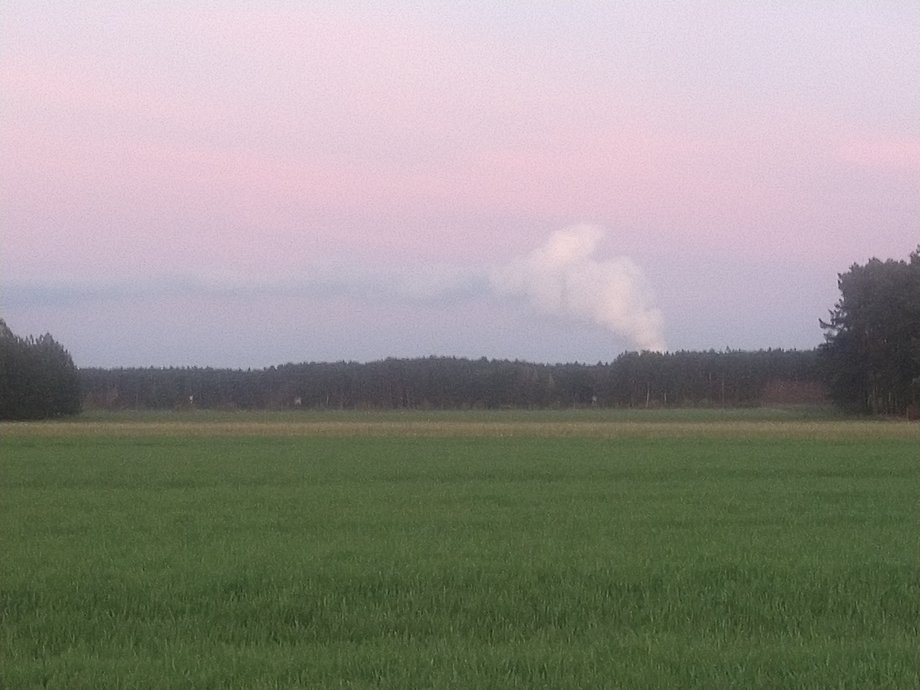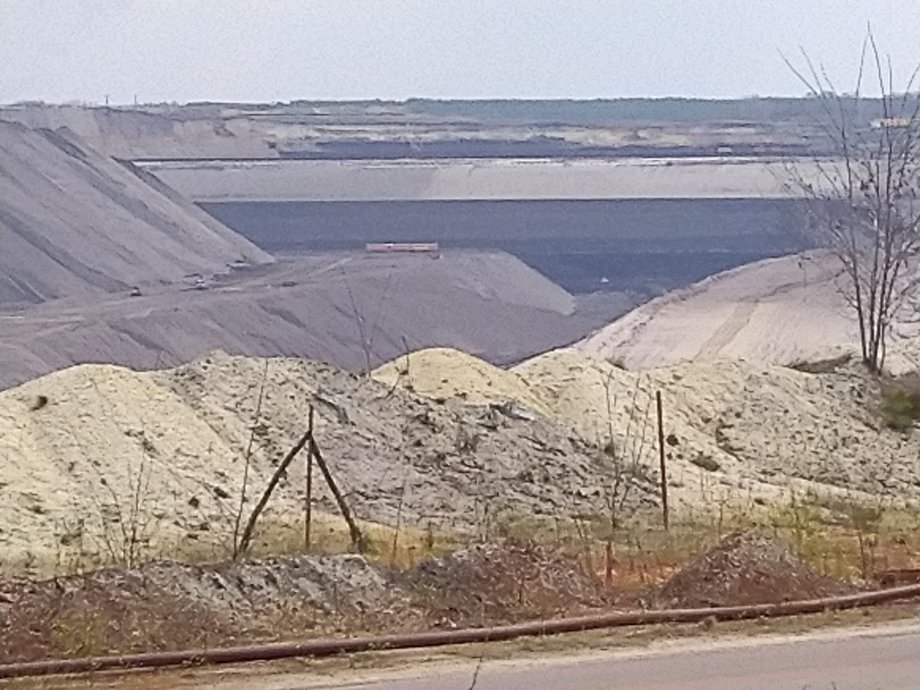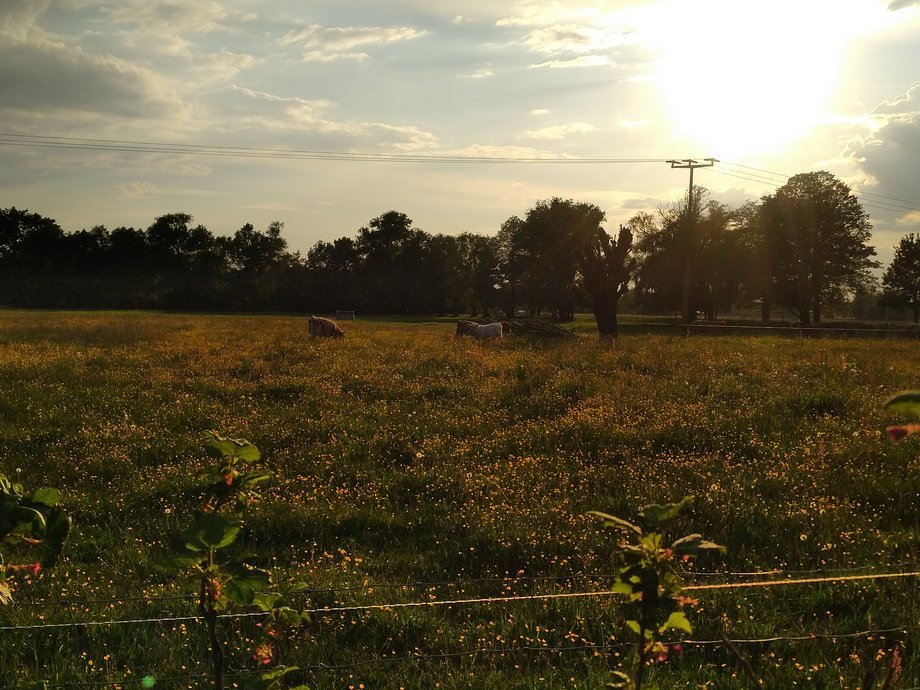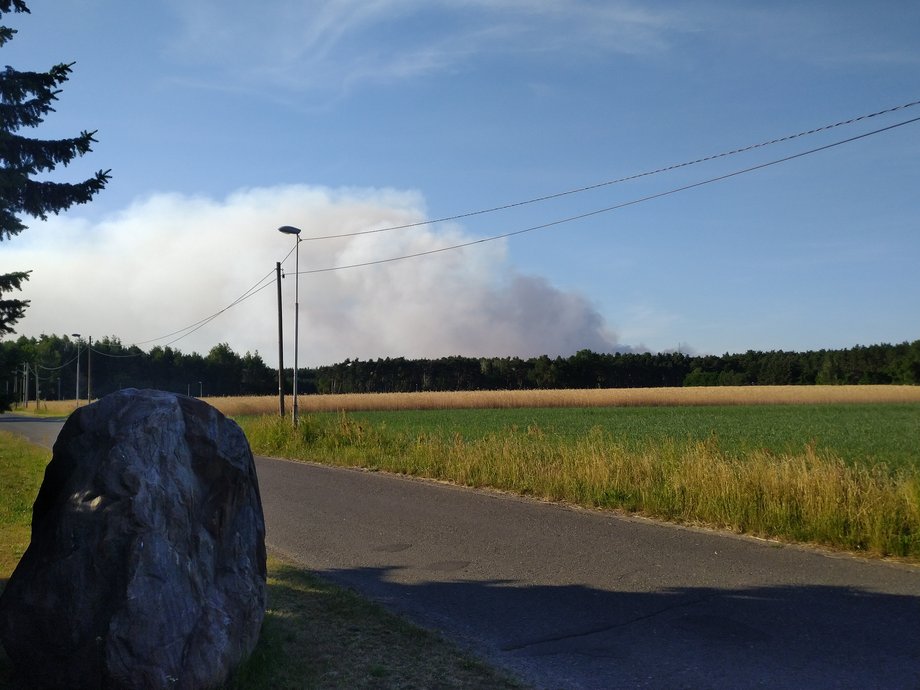



The department's tasks in teaching, research, theory development and in cooperation with practice are in the context of the enormous socio-ecological change processes in the Lusatia region:
On the one hand, structurally weak regions include categories in spatial planning, characterized by negative location factors such as low economic strength, poor accessibility and stagnant population development. Social services must therefore face the problem of securing the general public's social services.
On the other hand, the decision to phase out coal for the Lusatia region - a unique cultural and natural area - offers the opportunity for socially and ecologically sustainable structural change. How this is designed is a focal point of scientific and public interest in the Federal Republic, in Europe and internationally, beyond the federal states of Brandenburg and Saxony.
Social work as an intermediary between the system and the living environment has an important function in view of these challenges. It provides feedback from the world of life, can initiate and accompany mediation processes and can offer help and support in problem situations with its social services. The specialist area is dedicated to the numerous intertwining of social, ecological and economic factors.
